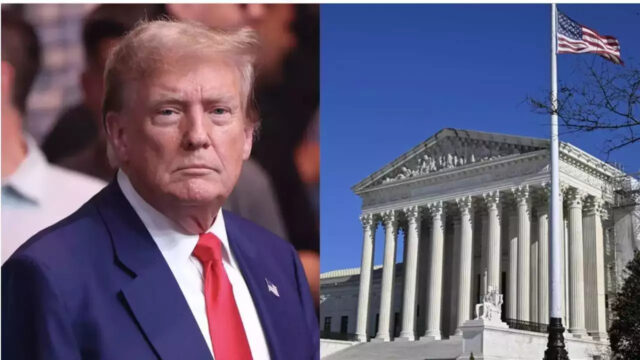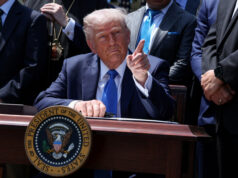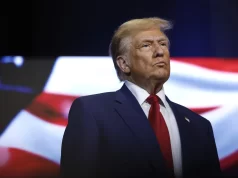
In a landmark decision, the U.S. Supreme Court voted 5-4 against the Trump administration’s attempt to withhold nearly $2 billion in foreign aid. The ruling reinstates a lower court order that mandates the immediate release of the frozen funds, marking a significant legal setback for the former president’s foreign policy efforts.
The Court’s Decision
The Supreme Court’s majority, which included Chief Justice John Roberts and Justice Amy Coney Barrett, sided with the court’s three liberal justices to uphold U.S. District Judge Amir Ali’s previous ruling. Judge Ali had ordered the Trump administration to promptly distribute the aid payments, citing legal obligations for funds already allocated and work already completed.
The ruling requires Ali to clarify the administration’s obligations regarding payments that were delayed beyond the initial deadline. This means that the Trump team may face further legal scrutiny if they fail to comply promptly.
Dissenting Voices
Justice Samuel Alito led the dissent, sharply criticizing the decision. He expressed concern over the court’s willingness to force the executive branch to distribute foreign aid, calling it an overreach into presidential authority. Alito warned that the ruling could set a precedent for judicial interference in future executive decisions on foreign policy and budgetary discretion.
Background on the Aid Freeze
The Trump administration had frozen the funds as part of a broader effort to reassess foreign aid spending, arguing that taxpayer dollars should not be allocated to countries that, in the administration’s view, failed to align with U.S. interests. Critics, however, accused Trump of using foreign aid as a political tool, particularly in relation to nations that had been critical of his administration.
Implications of the Ruling
With the Supreme Court’s decision, the nearly $2 billion in frozen funds will be distributed to various aid programs, affecting multiple countries and international organizations. This ruling underscores the judiciary’s role in enforcing congressional spending decisions, even when challenged by the executive branch.
The case also raises broader legal and political questions about presidential authority over foreign aid, potentially influencing future disputes over executive power.
As the ruling takes effect, attention now turns to how quickly the administration complies with the order—and whether additional legal battles over foreign aid policy will emerge in the future.
Sources: APNews, Reuters, Bloomberg, NYTimes, WallStreetJournal.



